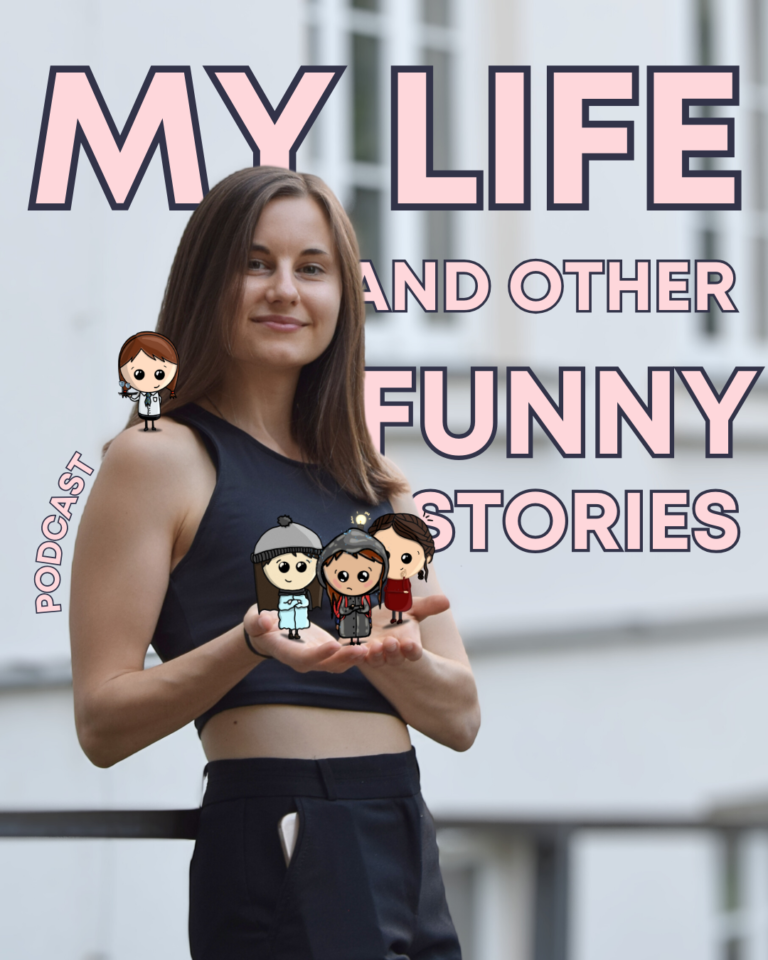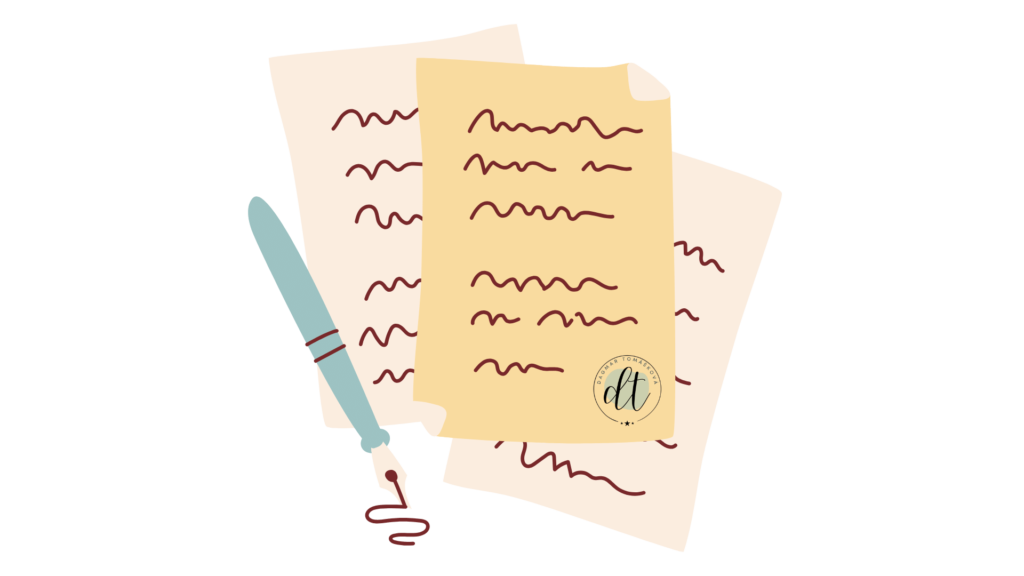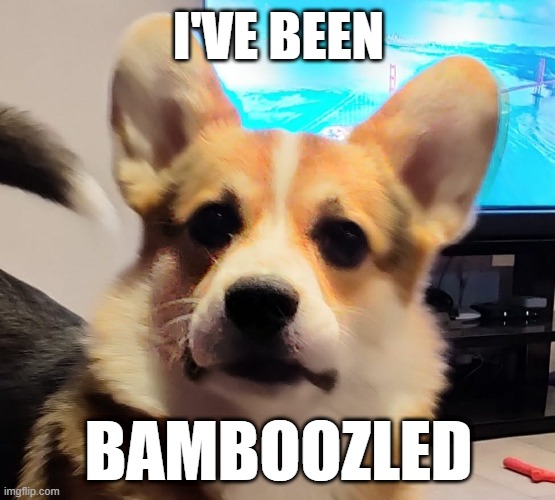
Ep.45: Funny English Words That Are Frequently Used
Have you ever come across an English word that made you stop and say, „That sounds funny, what is that?” Maybe not yet but I certainly have. There are many weird words in English but in this episode I will introduce 8 funny words that I saw many times and you will probably see them too at some point. Let’s go!

LISTEN TO THE EPISODE HERE:


WRITTEN TRANSCRIPTION OF THE PODCAST
Hello and welcome to my podcast My Life and Other Funny Stories. My name is Dagmar Tomášková, I am an English tutor and coach and I created this podcast for English students who want to improve their oral comprehension. As always you can find the transcription of this episode and vocabulary list in the notes of the podcast.
Have you ever come across an English word that made you stop and say, „That sounds funny, what is that?” Maybe not yet but I certainly have. There are many weird words in English but in this episode I will introduce 8 funny words that I saw many times and you will probably see them too at some point. Let’s go!
No.1: Let’s start with a fun one: bamboozle.
Bamboozle means to trick or deceive someone. For example, „He tried to bamboozle his friends into believing he could fly.“ I know this one from memes, I will put a few pictures into the transcript so you can see what I am talking about.
This word dates back to the 17th century and its origins are a bit mysterious, which is quite fitting for a word that means to deceive! However, one of theories is that it comes from the word “bam” which meant in the past “to trick someone” in slang English.
No.2: dollop.
A dollop is a lump or blob of something, often used when referring to food. For example, „She added a dollop of peanut butter to her oatmeal.“ I came across this word when I was watching recipe videos and sometimes they said “add a dollop of peanut butter” and I didn’t know what exactly that was. It is not a precise unit of measurement, imagine just taking a teaspoon and taking as much peanut butter on it as possible -that would be a dollop.
No.3: schmooze.
To schmooze is to talk with someone in a lively and friendly way, typically in order to impress or manipulate them. For example, „He schmoozed his way into the exclusive party.“ The word has Yiddish origins (which is a language spoken by Ashkeniazi Jews), from the word „shmuesn,“ /šmůzn/ meaning to chat.
If you find yourself at a boring event, just start schmoozing – you might end up making some interesting connections!
No. 4 and one of my favorites: thingymajigy.
Thingymajigy is a playful term used when you can’t remember or don’t know the name of something. For example, „Can you pass me the thingymajigy over there?“ The word is a blend of „thingy“ and the nonsense suffix „-majig,”. I have heard this one many times while watching vlogs from native speakers. Often they were describing something or showing something on the camera but couldn’t remember the name so then they just said: Yeah, this thingymajigy, I don’t know what it is called.
It’s the perfect word for those moments when your brain decides to take a little vacation and forgets the names of common objects!
No.5: gibberish.
Gibberish refers to meaningless or unintelligible speech or writing. Unintelligible means that it is impossible to understand. For example, „The instructions were in complete gibberish.“ This means that either it was written in a language that you don’t even recognize or it was written in a way that you can’t make the head or tails out of. Sometimes you can say about someone that they are talking gibberish if they just talk about nonsense that you don’t care about or talking very quickly and quietly.
Ever tried to read a text in a foreign language you don’t understand? That’s gibberish for you!
No.6: skedaddle.
I don’t know, this one is just so funny to me. Skedaddle.
To skedaddle means to run away quickly or in panic. For example, „When the cat knocked over the vase, it skedaddled out of the room.“ The word originated during the American Civil War, and its exact etymology is unclear, but it might be related to the British dialect word „skiddle,“ meaning to spill or scatter.
If you ever find yourself in a sticky situation, just skedaddle out of it.
No. 7 and this one is very commonly used: shenanigans.
Shenanigans refer to secret or dishonest activities, or playful and mischievous behavior. For example, „The kids were up to their usual shenanigans.“ – which means that the children were doing mischievous activities as usual. I have heard this word too many times to count so you can definitely come across it in movies, TV shows and books.
Finally, no.8: schmuck.
Schmuck is a slang term for a foolish or stupid person. For example, „Don’t be such a schmuck, think before you act.“ The word comes from Yiddish again, where it literally means „penis,“ but it’s used figuratively to describe a jerk or idiot.
Just remember, if someone calls you a schmuck, it might be time to reconsider your actions!
Well, there you have it. Have you ever heard any of these words or are they new to you? I am sure you will see it somewhere in the future, if you haven’t yet.
Thank you for listening, and if you enjoyed this episode, please leave a five-star rating and share it with your friends. . See you next time!

VOCABULARY LIST
certainly – určitě
weird– divný
bamboozle – obalamutit
origins– původ
mysterious– záhadný
deceive – oklamat
dollop – hrudka (nebo něco takového :D)
a precise unit of measurement – přesná jednotka měření
schmooze– vykládat si s někým
thingymajigy – tady-tahle-věc
gibberish – nesmysly/ blbosti
unintelligible– nesrozumitelný
cannot make the heads or tails out of something – nebýt schopný něco pochopit / nerozumět
skeddadle – zdrhat
scatter– roztříštit se
shenanigans– neplechy
mischievous– zákeřný
schmuck– blbec/ idiot



